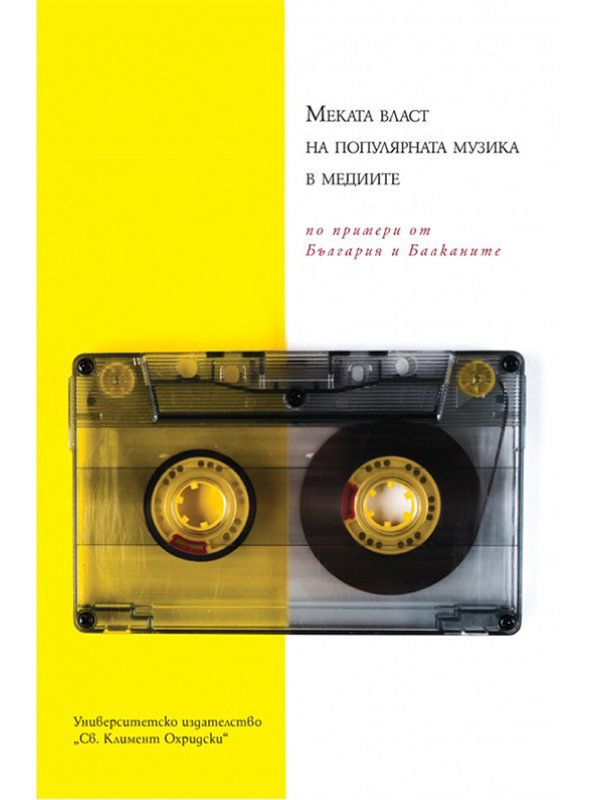Shopping Cart
0 item(s) - 0.00лв
Soft power of popular music in the media (According to examples from Bulgaria and the Balkans)
Soft power of popular music in the media (According to examples from Bulgaria and the Balkans)
Меката власт на популярната музика в медиите (по примери от България и Балканите)
Language: Bulgarian
The general idea behind the book is linked to Joseph Nye's understanding of the so-called soft power. According to him, power is the ability to achieve desired results and, if necessary, the empowered changes the behavior of others to achieve these results. For Joseph Nye, there is a specific aspect of power, which he calls "soft power," which is the ability of the empowered to make others want what they want. Soft power is able to seduce, entice, and attract, and attraction often leads to imitation. In Joseph Nye's hypothesis, soft power co-opts people, not coerces them. According to Nay, the source of soft power is our values, which are expressed in culture, politics, social relations. The author maintains the understanding that hard and soft power are interconnected and can be mutually reinforcing when they manifest as aspects of the ability to achieve our goals by influencing the behavior of others.
Table of contents
Л. Пейчева. Встъпителни думи
В. Димов. Етнопоп музика и власт на Балканите (как една хибридна музика става мека сила в културните войни: медийно-антропологически прочити)
И. Дичев. Смях
Ю. Папазова. Алтернативният рок в Югославия и пост-Югославия в медиите
Л. Пейчева. Песнотворци на народа от България и Македония с патриотични послания: Димитър Янев и Йонче Христовски
Г. Райжекова. Зимата на българските рок фестивали. От Skunk Anansie на фестивала Spirit of Burgars до нови фестивални измерения
В. Димов. За плодовете на проекта: семинари, идеи и дискусии
| Details | |
| Publisher | St. Kliment Ohridski University Press |
| Language | Bulgarian |
| Pages | 160 |
| Illustrations | b/w figures |
| Binding | paperback |
| ISBN | 978-954-07-4953-2 |
| Creation date | 2020 |
| Size | 14 х 21 cm |
Write a review
Your Name:Your Review: Note: HTML is not translated!
Rating: Bad Good
Enter the code in the box below:









